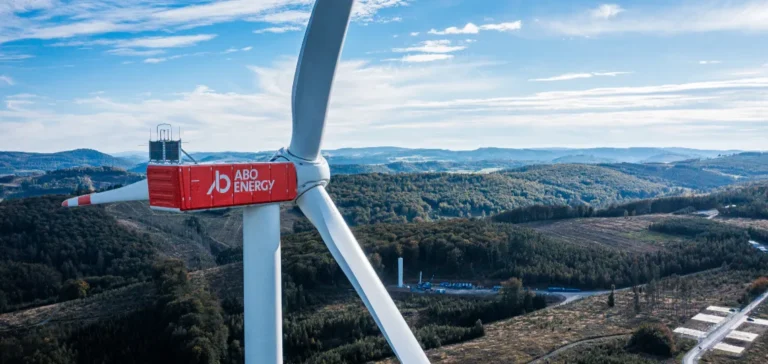German activist fund Enkraft Capital, holding more than 4% of ABO Energy GmbH & Co. KGaA, has sent a formal letter to the renewable energy developer’s management requesting a clearly governed sale process, currently led by the founding shareholders. The company is listed on open markets such as Xetra and m:access, which are outside the scope of Germany’s Securities Acquisition and Takeover Act (WpÜG), meaning no mandatory takeover bid is required.
A legal structure unfavourable to minority shareholders
ABO Energy’s transformation into a Kommanditgesellschaft auf Aktien (KGaA) in 2023, approved by 87% of votes cast at the general meeting, granted the founding Ahn and Bockholt families strengthened control through their role as general partners. This limits the influence of the free float, which accounts for around 38% of the share capital, even in the event of partial dilution of the controlling block. Minority shareholders are not entitled to any exit mechanism should a controlling stake be sold.
Enkraft, known for its energy-sector campaigns including at RWE, is challenging the opacity of the current process. In its 5 November letter, the fund argues that by appointing an M&A adviser (Bankhaus Metzler) and launching a data room, ABO Energy’s management is obligated to act in the interest of all shareholders.
Governance tensions over control premium
The dispute centres on the distribution of a control premium. Enkraft maintains that any privileged information shared with a buyer must be made equally available to all shareholders, not only the founders. The fund calls for a voluntary public offer or equivalent exit route for the free float to access the same pricing terms.
ABO Energy reported €446mn in revenue in 2024 with €25.6mn in net profit, and holds a development pipeline of 34 GW across more than 15 countries. The company relies on bond issuances (including a 2024/29 green bond at 7.75%) and syndicated credit lines, with participation from public bank KfW.
A precedent for mid-cap renewable players
How ABO Energy handles this sale may become a benchmark for other mid-cap renewable energy developers combining KGaA structure with open market listings. Enkraft’s pressure aims to impose governance standards even in the absence of binding legal requirements.
The situation is closely watched by institutional investors such as Mainova AG, which holds a 10% stake, as well as the company’s creditors. A special audit requested by Enkraft over the company’s legal form change remains pending before the Frankfurt court, with further legal actions still possible.
Implications for capital market strategy
Recent debt instruments include ESG compliance clauses that may come under scrutiny if the sale process is perceived as unfair. Any perceived governance shortfall could widen spreads for future issues and limit access to new financing sources.
Some analysts suggest a return to a more conventional corporate form, such as an Aktiengesellschaft (AG), and a move to a regulated market segment could become necessary to attract long-term institutional capital.






















